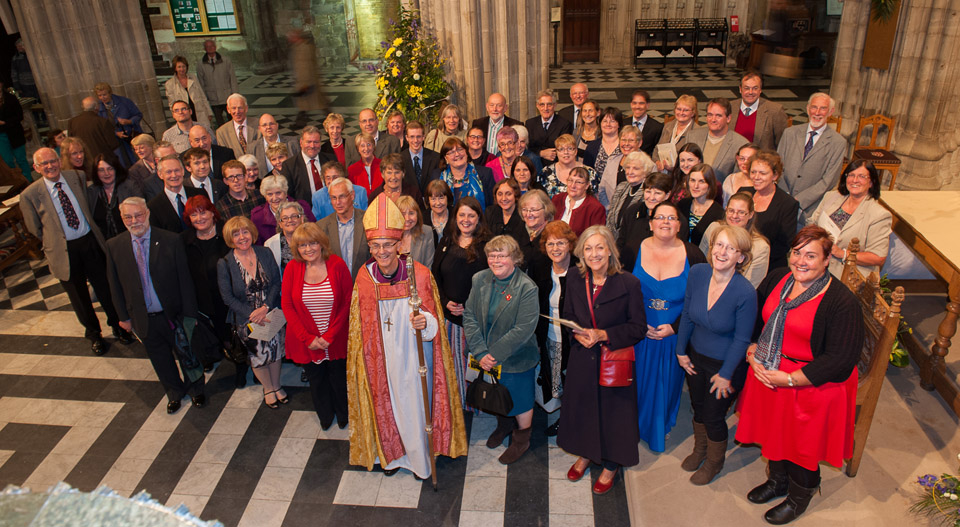All ALM candidates should:
- show a clear commitment to personal growth in faith and discipleship;
- be recognised by the leadership of church and by the congregation(s) as being committed to serving God’s mission through the work of the parish/benefice/deanery, as well as in their own daily life;
- be committed to working collaboratively as a member of a team;
- be eager to encourage the gifts of others;
- show evidence of the gifts and skills appropriate to the particular ministry being considered, and the potential to develop them;
- have an appetite for life-long learning in a Christian context and be enthusiastic about following a course of training and formation;
- normally be actual communicant members of the Church of England;
- be willing and able to comply with the diocesan and parish policies on safeguarding children and adults with particular needs and vulnerabilities.
ALM Evangelist
An Evangelist is called to share the faith of the church and the love of God with those who do not yet know of it.
A typical evangelist’s role description might include some or all of these responsibilities:
- Knowing the safeguarding policy and how to respond to, report and record any concerns.
- Engaging with community groups on behalf of the church.
- Going into schools to lead assemblies or other activities.
- Running or helping run short courses (e.g. Alpha) to introduce the Christian faith.
- Running or helping to run confirmation courses.
- Making contact with baptism families.
- Organising community events and activities to connect people to the church.
- Helping set up a Fresh Expression in the parish.
- Welcoming new residents to the parish on behalf of the church.
- By personal example, encouraging others to share their faith in everyday life.
- Engaging with wider thinking about mission, outreach and evangelism.
Download a draft role description.
A full version of a draft role description as an editable word document is available here.
What does the course include?
The course will cover these key areas:
The evangel, what is the Good News we share?
- Word and deed,
- Presence,
- Proclamation,
- Persuasion.
The Evangelist, a gift from God.
- How do I share the faith I have in God and show how Jesus is relevant to today’s postmodern society.
- What are those issues and how do we address them?
Process and Crisis evangelism
- The processes in which people come to faith;
- courses of process evangelism such as Alpha and Emmaus and the many others around today;
- exploring the way crisis evangelism methods have been and continue to be used.
Practical Evangelism
- preparing for outreach in a parish: strategy, planning, outworking and follow-up;
- prayer and evangelism;
- visitation methods;
- home groups in missions;
Mission shaped Church
- Its implications for the local church and evangelism;
- Fresh expressions of church: is there a place for Evangelism?
- New worshipping communities
Evangelism now, what are others doing?
- Seeker services (Willow Creek),
- cell church,
- Natural Church Development,
- church planting,
- engaging with spirituality,
- children’s and youth evangelism.
